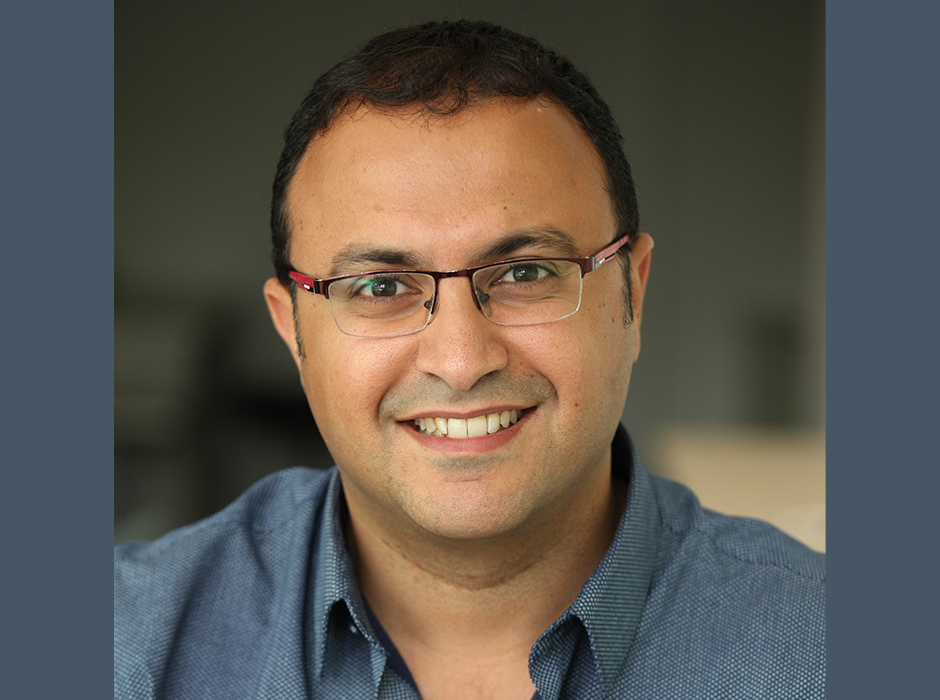
Associate Professor Hesham Al-Sallami of the University of Otago School of Pharmacy.
If Ozempic or similar medicines were funded for weight loss it would take considerable pressure off the hospital system, says a University of Otago expert on diabetes and obesity medication.
Ozempic is the diabetes medication turned weight loss aid that has been associated with celebrities like Elon Musk, Chelsea Handler, and even former UK Prime Minster, Boris Johnson, who have all shared their experiences of taking the drug, increasing demand for it.
But what actually is this medication?
How does it work and what role could it play for obesity in New Zealand?
Associate Professor Hesham Al-Sallami from the University of Otago’s School of Pharmacy is an expert on the subject and says Ozempic and similar drugs, like Saxenda, Trulicity and Victoza, are some of the “most effective weight loss medication” he has ever seen, with patients reducing their weight by 15 per cent or more a year.
The drug stimulates the release of insulin and mimics the hormones responsible for making a person feel full by slowing down their bowels and making them feel full quicker and for longer, he explains.
This can lead to potential side effects like nausea, diarrhoea, vomiting and even the inflammation of the pancreas, but it does work.
The dosage is incremental - meaning it is increased every month and a person would need to be on the medication for several months to start seeing an effect.
These drugs were not originally made with weight loss in mind, Associate Professor Al-Sallami says.
They were created to support sufferers of type 2 diabetes, a disease where a person’s body doesn’t use insulin properly making them unable to control their blood sugar levels.
Trulicity was officially funded by Pharmac New Zealand for diabetes management from 1 September 2021 but its popularity as a weight loss medication overseas has resulted in stock shortages in New Zealand at present.
The shortage has led to debate over whether the drug is being appropriately disseminated to the patients who need it most.
Associate Professor Al-Sallami believes both groups are interconnected and deserving of support.
“This drug could considerably improve the health burden that type two diabetes places on the country especially considering this disease is becoming increasingly common due to Aotearoa’s growing obesity epidemic.”
Though this type of diabetes can occur due to variety of factors, like a person’s metabolism and genetics, obesity is often a contributor.
“So, if Ozempic can help patients lose weight, this could reduce the number of people getting type 2 diabetes in the first place.
“If this drug is made accessible in New Zealand as a weight loss medication and is funded by Pharmac for that use as well, this could have considerably positive health outcomes for the country, taking pressure off the hospital system by reducing things like heart attacks and strokes.”
For the morbidly obese, these medications could potentially support enough weight loss to enable them to have significant, lifesaving procedures like a gastric bypass surgery, he says.
Associate Professor Al-Sallami himself first became interested in diabetes and weight loss a few years ago when he collaborated with an endocrinologist on how insulin dosages in patients vary depending on their weight. He has continued this research at Otago, where he also teaches, and is the Associate Dean of Pharmacy Practice, Chair of the Australasian Society for Clinical and Experimental Pharmacologists and Toxicologists and does locum clinical work across the country every year.
Kōrero by the Division of Health Sciences Communications Adviser, Kelsey Schutte.